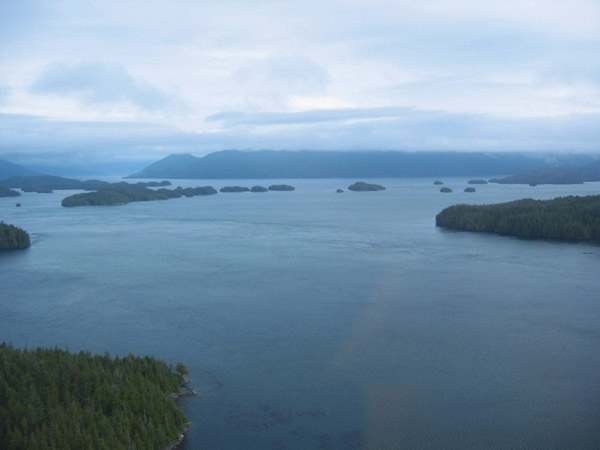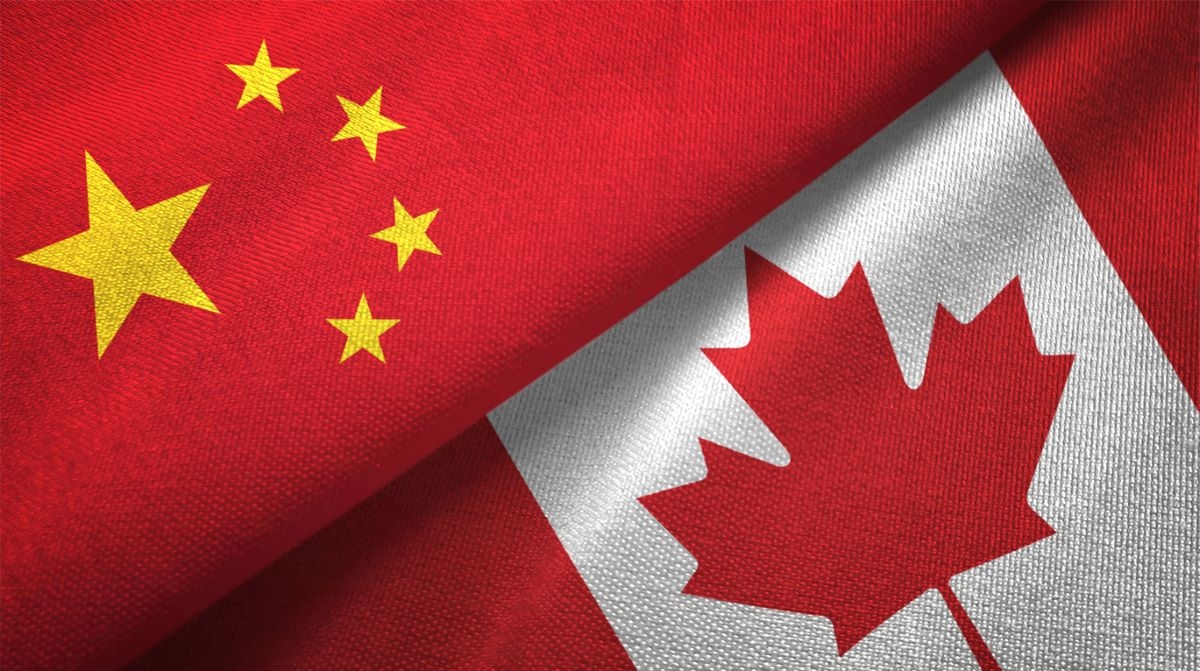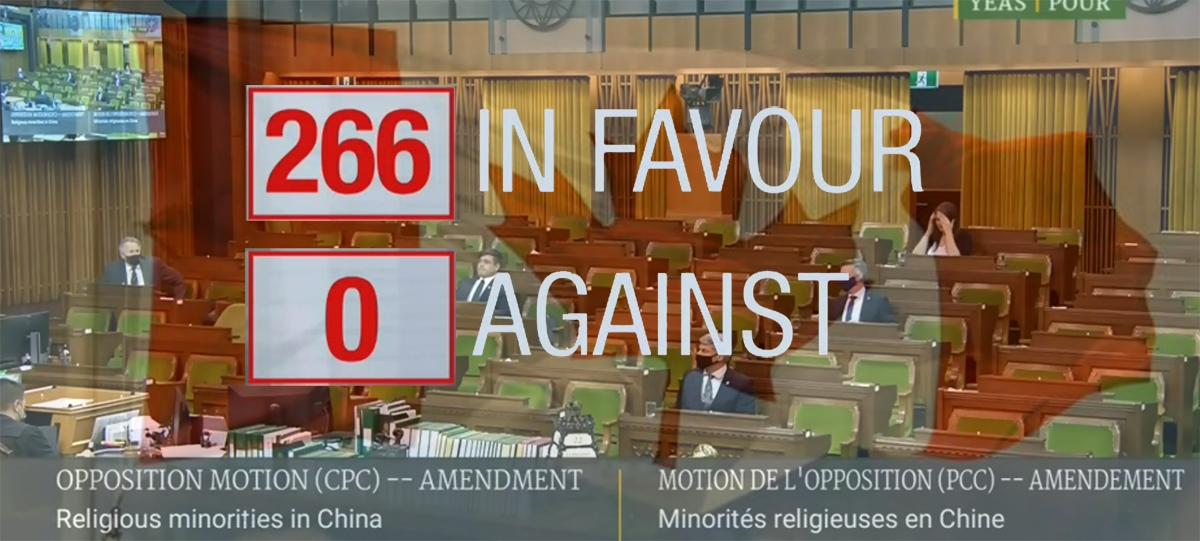
Time to Refine? Should Canada Refine its Own Oil?
By Anna May Burke
For decades, Canada has worried about its image abroad as a country that merely exploits its precious natural resources, exporting its raw commodities. And yet, at the same time, going back at least to Premier Peter Lougheed days in Alberta in the 1970s, there has also been political debate about how Canada can generate more wealth and jobs from its natural resource bounty by adding more value to them before exporting.
That discussion, and particularly as it pertains to oil-sands development, is red hot again thanks to a recent proposal from B.C. newspaper mogul David Black.
His idea is to build an oil sands refinery in Kitimat, B.C., which is the end of line of the proposed, controversial Enbridge Northern Gateway pipeline.
The Enbridge proposal would carry diluted bitumen from Alberta through northern B.C. to a tanker port in Kitimat. Opposition to the project has been strong from environmentalists, communities along the pipeline route and Aboriginal leaders (who fear the project could potentially violate their constitutional rights) to name a few. A recent demonstration against the pipeline attracted more than 2500 people. The concern is the impact and potential environmental disasters in areas through which the pipeline passes (forests, animal habitats etc.) As well, increased tanker traffic in B.C. is unwelcomed by many and the increased risk of spills that go along with that. The B.C. government has been at best luke warm. B.C. Premier Kristy Clark has said that B.C. needs to get its fair share of the pie.
Enter Black. He has a few ideas to lessen some of those concerns. He wants to build an oil refinery in Kitimat, the first one to be built in Canada since 1984. (As Black points out, there are currently 19 refineries in Canada but none in B.C.) Economically, he claims construction would employ 6,000 people for five years. After that, 3,000 permanent jobs would remain to operate the refinery. On top of that, he says $2 billion in exports would result. All in all, his plan would be a financial benefit for B.C. And this doesn’t even include the tax revenue benefits for the provincial government that the refinery would generate.
As for the environment, he has said that his refinery “would eliminate any risk of a devastating tanker spill of bitumen off the coast because what would be produced would be lighter refined by products of petroleum which are easier to clean up and also naturally dissipate.”
Black clearly has done his homework and even commissioned a poll to ask British Columbians what they thought of the project. A whopping 72 per cent are in favour or somewhat supportive of refining Alberta’s oil in Kitimat using local labour rather than shipping bitumen to Asia. Black argues his proposal goes a long way to addressing the Premier’s economic concerns.
But here’s the catch, without the Pipeline, there is no refinery. In addition to that, whether or not there would even be a market for the refined oil by products is unclear. Critics of Black’s idea argue that the locations where he plans to send his refined oil, mainly in Asia, may not be interested. China, for example, would likely prefer to buy the raw bitumen as opposed to already-refined oil given the country has its own facilities and is building new ones. Black’s response is to engage the Chinese now, by making them a partner in his project.
Despite the fact that he can’t seem to find any financial backers for his idea (not even Enbridge has endorsed the plan), Black has filed an environmental assessment application and has sunk millions of his own cash into making his idea a reality. While the Enbridge Pipeline has its detractors, there is no question that Black is the only one to have come up with something that makes the Pipeline project palatable to British Columbians and that is a big hurdle. But time will tell if Black’s vision will ever see the light of day.
Public hearings on the Enbridge Northern Gateway Pipeline project are ongoing and are expected to continue for months. The panel studying the issue has until the end of next year to file its report. However, ultimately, it is up to Stephen Harper and his cabinet to make the final decision.
TOP PHOTO: KITIMAK TOURISM









